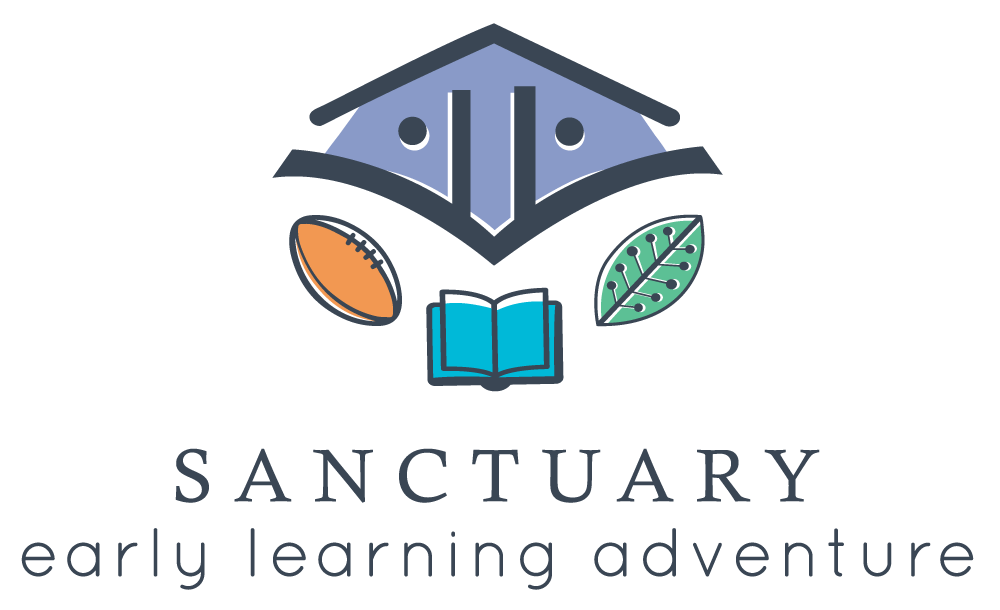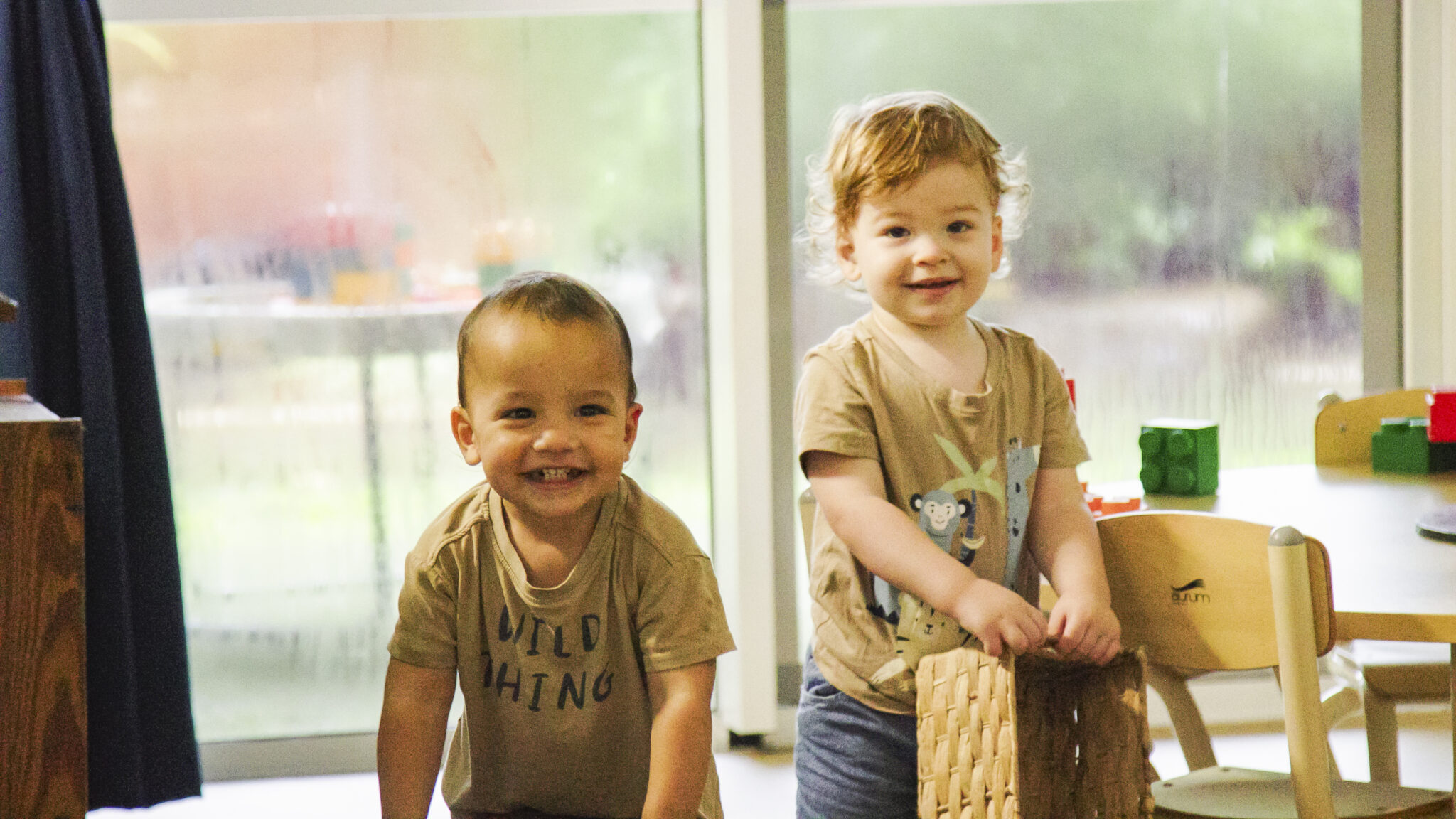Management of food allergies in children can be challenging. The parents of children with food allergy are only just learning to manage it themselves. As you know, becoming a parent is life changing in so many ways and being a parent of a child with food allergy can bring normal life to a halt.
People need information and support to help them learn to manage food allergy. It is not something they can put to one side and just get on with the day. We all need food to survive; food is an important part of how we form friendship and a sense of belonging; we cannot just not eat and stay safe. Food must be checked for allergens and be specially prepared for children with food allergy.
None of us has children knowing how to manage food allergy and parents are rightly cautious as they learn how to manage allergy while also living life.
What can you do?
Childcare communities can help parents with management by showing they care and by understanding and complying with reasonable practices put in place to help keep children safe.
There is only one way for people with food allergy to manage their condition and that is to avoid the food. Food allergic reactions can be mild, moderate or severe. Someone that has had a severe reaction is more likely to have another severe reaction but those that have had a previous mild reaction can also suddenly have a severe reaction. Doctors often say the severity of a reaction is unpredictable.
It is important people do their best to help children avoid the allergen, be trained in how to recognise the signs and symptoms of an allergic reaction and in how to administer an adrenaline auto injector (EpiPen) according to instructions on the ASCIA Action Plan for Anaphylaxis.
Whilst many parents with children in childcare are happy to do their bit in helping keep all children safe, some in the community are sometimes put out because their child cannot take a peanut butter sandwich for lunch. Whilst peak medical and consumer support bodies do not support food bans, a reduction in the allergen causing food (e.g. peanut butter or Nutella) is encouraged as little children with food allergy learn to care for themselves.
Childcare staff, and all parents need to work together to help minimise risk to children with food allergy. We also need to keep in mind that that risk can never be total removed, but it can be minimised.
Food allergy management is about training and implementing strategies that people are willing to support and implement. Ideas on how to manage food allergy in childcare can be found at www.allergyfacts.org.au. Parents are encouraged to call the support line on 1300 728 000 if they have something to ask or discuss. Health Educators trained in allergy management practices staff this support line.
Parents and friends can also become members of Allergy & Anaphylaxis Australia, where they can find resources to help them educate their child about food allergy in age appropriate language. When our little people feel supported by their friends they develop the confidence to speak about their needs and ask for help as they grow.
The app Jeremy’s Cake can be purchased from the Apple App Store or Google Play Store to help educate both children with and without food allergy.
Members of Allergy & Anaphylaxis Australia can also access free: The Wiggles e book.

AllergyPal helps you to communicate your Child’s Allergy Needs.
https://allergyfacts.org.au/resources/apps/allergy-pal
AllergyPal is a new, free smartphone app. The aim of Allergy Pal is to help increase the safety of children with food and insect allergies.
It has several useful features that can help parents reduce stress and anxiety that comes with allergy management. The Share function of the app allows parents to share their child’s ASCIA Action Plan via SMS. This ensures that the relaying of important information concerning the care of their child is delivered in a systematic manner. The React now function gives the carer an electronic record of a child’s ASCIA Action Plan and helps them to manage your child’s food allergy.
Where can you find more information?
Allergy & Anaphylaxis Australia: www.allergyfacts.org.au
A registered charity, whose mission is to listen, guide and educate Australians living with allergic disease. We advocate on their behalf to ensure that their voice is heard.
Allergy & Anaphylaxis Australia has many resources available to help all learn to manage to live life with the allergy and the risk of anaphylaxis. You can start here:
- https://allergyfacts.org.au/allergy-management/0-3-years
- https://allergyfacts.org.au/allergy-management/3-5-years
- https://allergyfacts.org.au/resources/help-sheets/starting-school-with-food-allergies
- https://allergyfacts.org.au/resources/videos-from-a-aa
The peak medical body (ASCIA) provides free online training for people in the community who would like to be better equipped in first aid for anaphylaxis.








